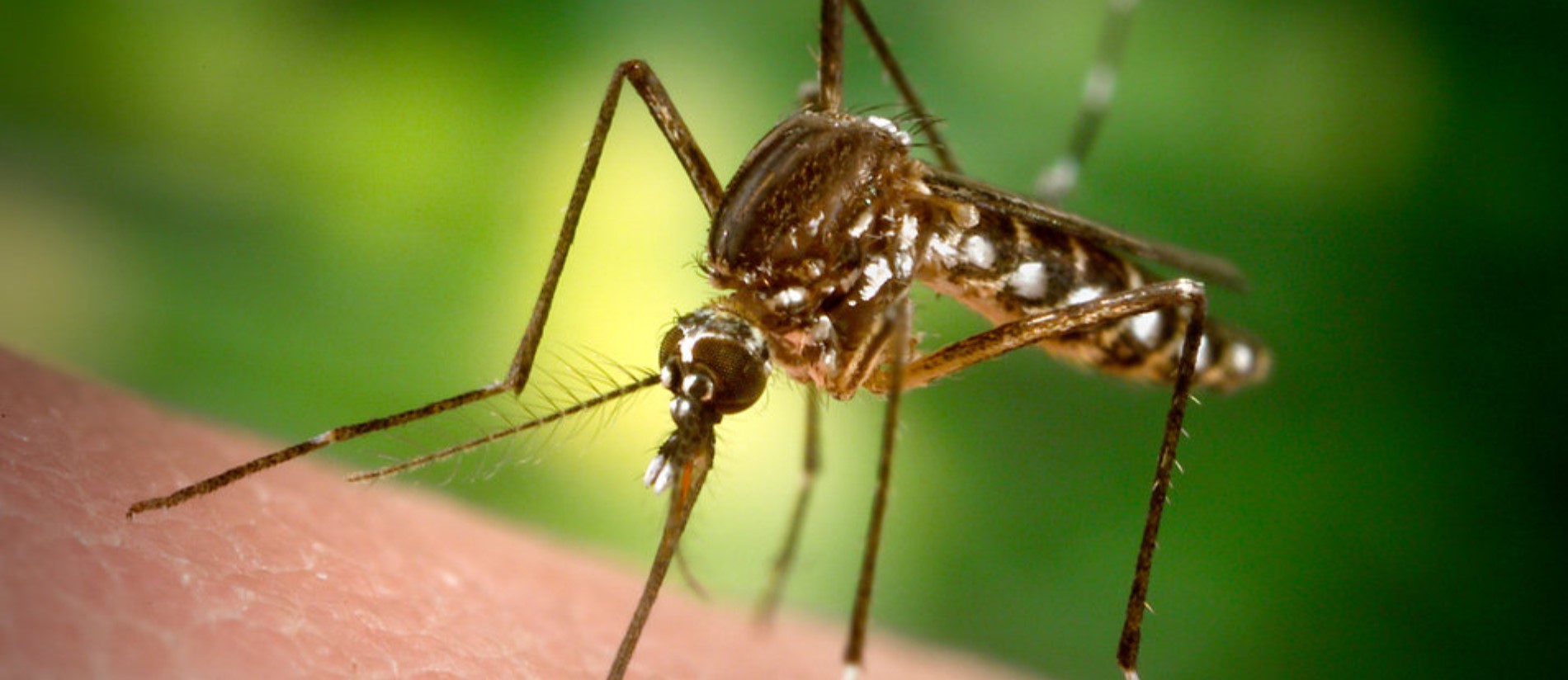Some facts about dengue

Dengue is a viral disease carried by two kinds of mosquito, the Aedes aegypti and the Aedes albopictus. [1] The disease comes from four types of viruses (DENV1, DENV2, DENV3 and DENV4). [2] There are two kinds of development for the disease: the dengue fever which is a severe flu-like illness and the dengue haemorrhagic fever (or severe dengue), which is a potentially deadly complication. Recognized in the 1950’s, dengue has spread to have 100 million cases reported each year.
Which areas are the most impacted?
Tropical and sub-tropical areas are the most prone to shelter dengue, especially in urban or semi-urban areas. [1] Almost half of the world’s population is under the risk of being infected by the mosquitoes. The Asian and Latin American countries are mainly concerned, dengue becoming one of the leading cause of hospitalization and death. Dengue tends to have outbreaks where the Aedes aegypti lives but this mosquito is rare in the northern part of the world.
Globalization has greatly contributed to the spreading of the disease with international trade, moving some Aedes mosquitoes to new areas. Before 1970, 9 countries were affected by severe dengue. [1] Today, it has increased to more than 100 countries. Check the interactive map on http://www.healthmap.org/dengue/en to find the latest reports on dengue alerts for each country.
Why is it dangerous?
The Aedes aegypti carry the dengue virus after sucking blood from an infected individual. These mosquitoes are infected for life and spread the disease by biting other individuals. Yearly, 400 million people get infected. [2] However, most infected people won’t have any symptoms of the disease or only mild symptoms that can be confused with other illnesses like flu or fever. The average recovery is about one week.
The symptoms are usually fever, headache, eye pain, muscle or bone pain, rash, nausea and/or unusual bleeding. [3] In case of any doubt, see your healthcare provider and conduct some test to detect dengue or other mosquito-borne viruses such as chikungunya or Zika.
Severe dengue is considered as a medical emergency because of the stronger symptoms (severe stomach pain, unusual bleeding, drowsiness, difficulty to breath and pale, cold or clammy skin). If one of these symptoms appears, see immediately your healthcare provider or go to any emergency room. Dengue haemorrhagic fever leads to fluid leakages, the blood vessels becoming permeable. [2] The first two days are the most critical since a circulatory failure can break out and lead to death. Each year, approximately 20,000 to 25,000 people die from dengue, which makes it the most dangerous mosquito-borne disease. [4]
Can it be treated?
There is no medicine to treat it yet and the vaccine to prevent it generated some controversy. To ease the pain caused by the symptoms, the patient can use pain relievers under certain conditions. A consultation with your doctor will provide you accurate recommendations and medicine prescriptions. Additionally, plenty of rest and hydration is advised. To prevent further contamination, the infected individuals must protect themselves from mosquito bites during the first week of the disease’s development.
Prevention remains the most important step to counter the disease by avoiding mosquito bites. The areas with standing water should be regularly emptied so the mosquitoes cannot lay their eggs. Mosquitoes can be driven away by air-conditioning, mosquito bed nets and full covering clothes. The most effective way to avoid their bites is to wear an effective mosquito repellent. Dengue is an endemic disease in more than 100 countries, especially in the southern part of the world. If you travel to one of these countries, be careful of mosquitoes and take your precautions!
References:
1. “Dengue and severe dengue”, World Health Organization, accessed February 20, 2018, http://www.who.int/mediacentre/factsheets/fs117/en/
2. ‘Dengue”, Center for Diseases Control and Prevention, accessed February 20, 2018, https://www.cdc.gov/dengue/
3. “Avoid dengue by preventing mosquito bites”, Center for Diseases Control and Prevention, accessed February 20, 2018, https://www.cdc.gov/features/avoid-dengue/index.html
4. “Factsheet about dengue fever”, European Centre for Disease Prevention and Control, accessed February 20, 2018, https://ecdc.europa.eu/en/dengue-fever/facts/factsheet






























































































